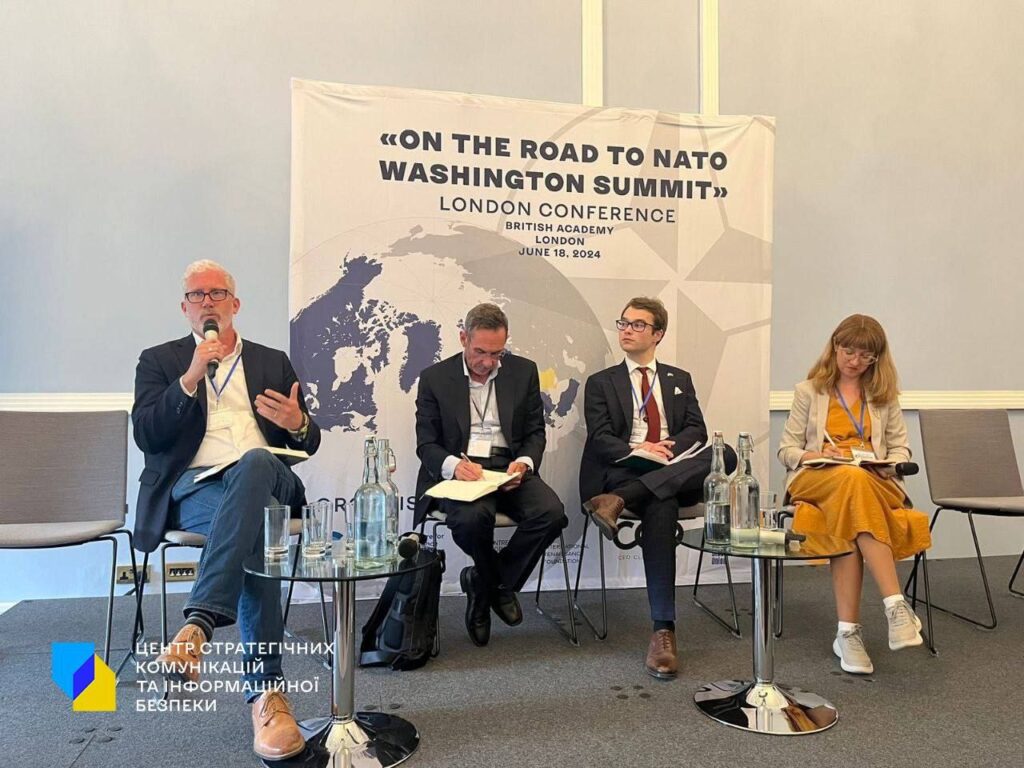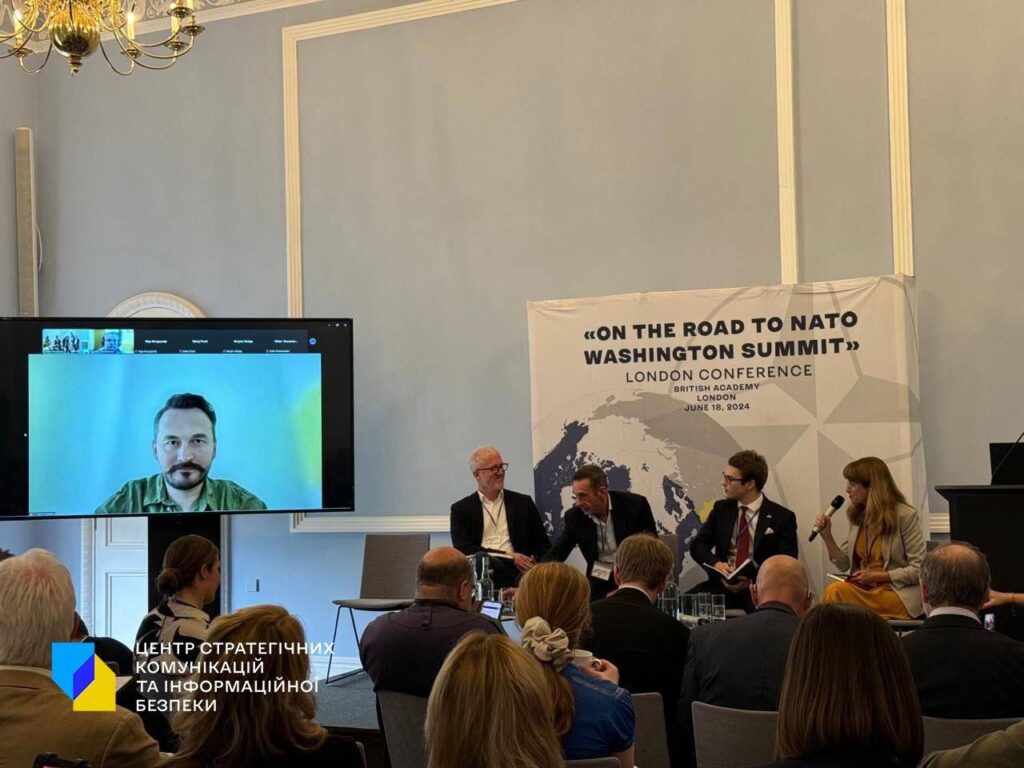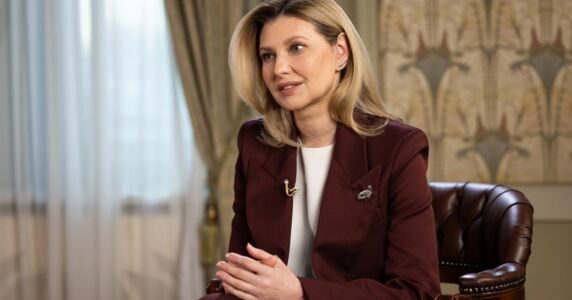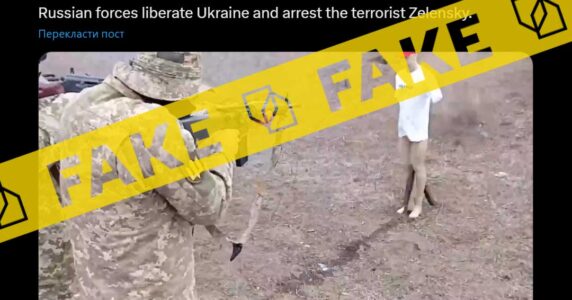Navigation and useful materials
On June 18, Mykola Balaban, Deputy Head of the Centre for Strategic Communications and Information Security, participated in the discussion of the topic “Is NATO Capable of Countering Rogue States’ Propaganda” during the conference “On the Road to the NATO Washington Summit”, which was held in London.
“Russia’s activities in Europe will only grow, and it is important for NATO to understand this. What we see in the example of Ukraine proves that Russia’s tactics in NATO countries are very similar to the tactics before a full-scale invasion in Ukraine. Basically, the Russians try to manipulate through pro-Russian and anti-Western opinion leaders, cooperate with major media, carry out many cyberattacks in NATO countries, and try to get as much coverage as possible,” said Mykola Balaban, answering the question on how Russian information operations have evolved.


Currently, the enemy is trying to work with messages aimed at all Ukrainians, and, at the same time, is spending many resources on microtargeting in specific regions, Balaban noted:
“This was very noticeable a few months ago, when there was an attack in the Kharkiv direction, and several weeks before that there was a considerable wave of microtargeted regional disinformation,” said the Deputy Head of the Centre.
Russia is very good at adapting their information operations, so NATO and European countries should also be fast at this:
“I have to emphasize that NATO countries must focus their resources and efforts on countering Russian disinformation attacks before they strike,” Balaban warned.

Besides the Russian IPSO evolution and sabotage, there were also discussed issues about artificial intelligence development and the decolonization of Russian and Eastern European research in the academic environment.
The conference was organised by the Centre for Defence Strategies, the Centre for Geopolitics at the University of Cambridge, CEOClub London, Ukrainian Students Union with the support of the International Renaissance Foundation.
If you have found a spelling error, please, notify us by selecting that text and pressing Ctrl+Enter.


